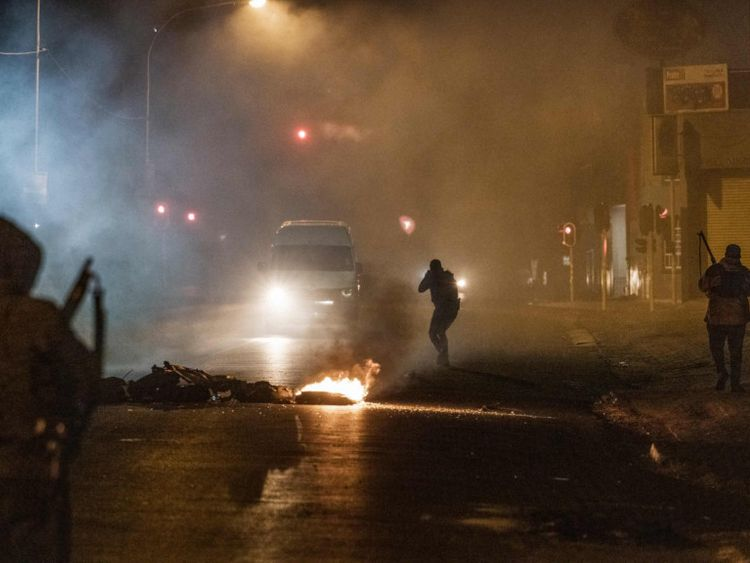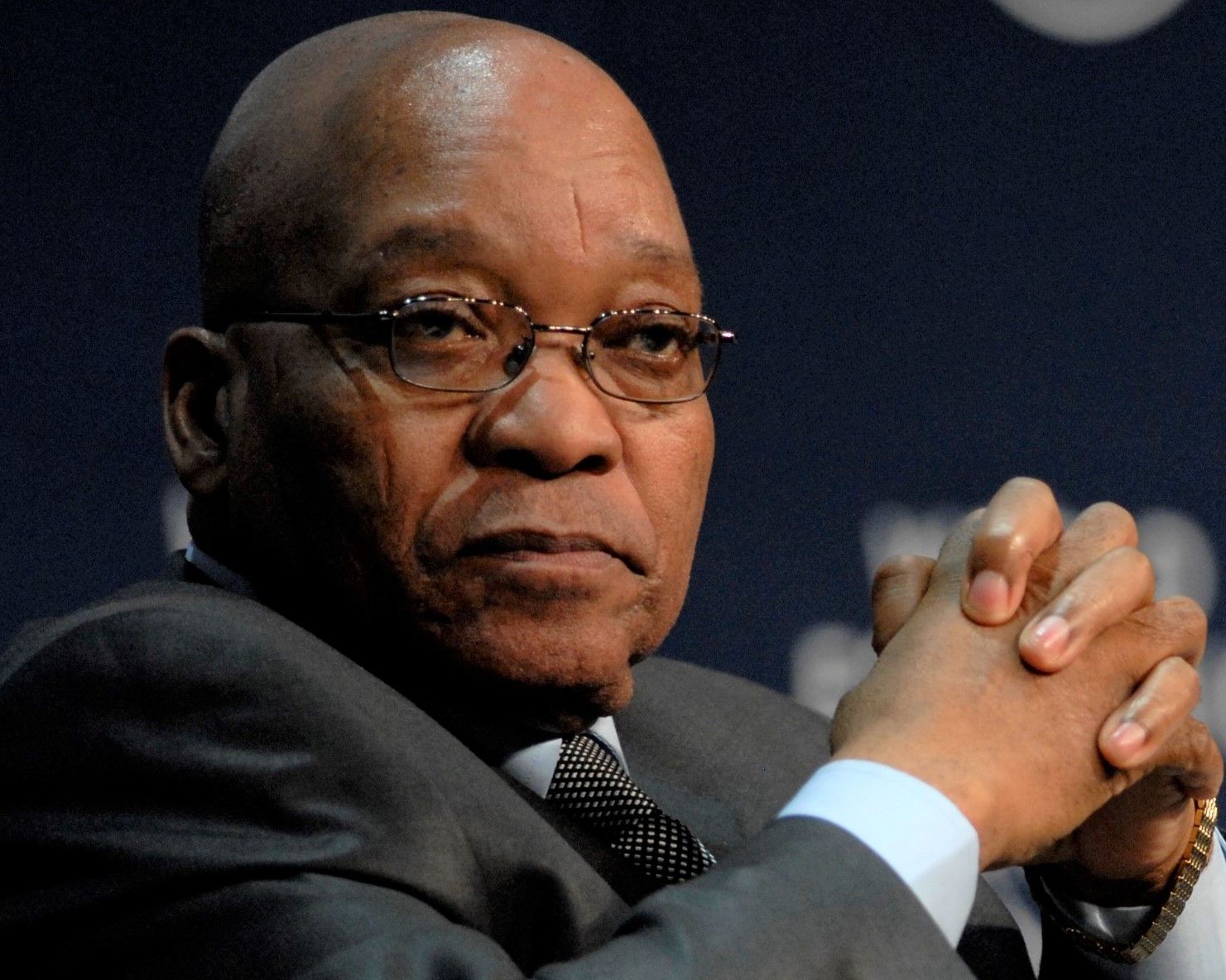On July 14, Spectacles published an Insight discussing a wave of unrest sweeping through two of South Africa’s provinces, KwaZulu-Natal and Gauteng. At the time of that report, 70 South Africans had died. By the time it calmed, however, the violence which began in protest of the jailing of former President Jacob Zuma (which we discussed a week earlier) went on to claim at least 337 lives. As we wrote weeks ago,
It may mean very little to those millions of unemployed South Africans that a corrupt former President is now behind bars. At times of such dire economic crisis as South Africa is currently suffering, rule of law can often seem ornamental or performative: unimportant compared to the real problems on the ground. It is at such times, though, that rule of law is in fact most crucial to prevent bad actors from manipulating the public to gain and abuse excessive power.
Indeed, South Africa’s present economic situation is beyond dire. The country is currently experiencing a general unemployment rate of 32 percent and a youth unemployment rate of 63 percent. For comparison, at the height of the Great Depression America’s general unemployment reached 25 percent, while youth unemployment during the pandemic climbed as high as 18 percent.
While the activity first broke out as a response to the jailing of the infamously corrupt former president—actively stoked by his allies and his son who advised protesters to steal “carefully”—many of those involved were likely drawn in by a fear that if they left the looting to others, no food would be left on the shelf for them when it finished. Beyond unemployment, South Africa is terribly impoverished in general, with 55 percent of its people living below the poverty line and 25 percent experiencing food poverty.
While the violence on the street has abated since we last published on this issue, the underlying problems have hardly changed. In fact, they may be set to worsen as a result of the unrest.
Many factories and processing facilities critical to food production were damaged and either temporarily or permanently shut down, realizing the fears of those who joined in the looting afraid of empty shelves come morning. Medical supply chains were also damaged, according to the deputy director-general at the health department, leaving “close to half of patients in KwaZulu-Natal [without medicine]. So much of the insulin for diabetes patients, the morphine, the antiretroviral drugs for HIV patients, are gone.”
Beyond food, medicine, and fuel shortages, the destruction of businesses may have eliminated thousands of jobs. While small businesses felt the brunt of the protests, big employers like Toyota, which has a production facility in Durban in KwaZulu-Natal, have begun to reconsider their investments in the region and the country.
Mr. Zuma’s and President Cyril Ramaphosa’s party, African National Congress, has been in charge of South Africa since the 1994 election of Nelson Mandela. In its tenure, the ANC has evidently failed to provide the kind of growth of prosperity needed to secure South Africa’s democracy. Instead, in exchange for their support, South Africans have gotten endemic corruption and unimaginable levels of unemployment and poverty, though no doubt the pandemic has exacerbated these failures. While Mr. Ramaphosa has been working hard to tame and punish the corruption within his party, his reelection in 2019 was the worst showing for the ANC since Mandela’s first election.
In response to all this, Mr. Ramaphosa plans to introduce a universal basic income to alleviate poverty in the country. Such thinking is on the right track. While his anti-corruption efforts are crucial, they must be complemented by material improvements to people’s lives. South Africa’s democracy needs strengthening among its elites, and that means punishment for those who abuse the state and its citizens for their enrichment. But it also requires strengthening among citizens and a restoration of confidence, and this may require more than mere policy proposals.
Either the ANC and Mr. Ramaphosa will have to prove they are capable of adapting, or perhaps the country needs new leadership from some other party, something which looks more likely now than ever. Regardless, democracy’s future in the rainbow nation is far from certain. If the parties of their democracy are not up to the task, pressures of material reality may force South Africans to look elsewhere.






Comments
Join the conversation